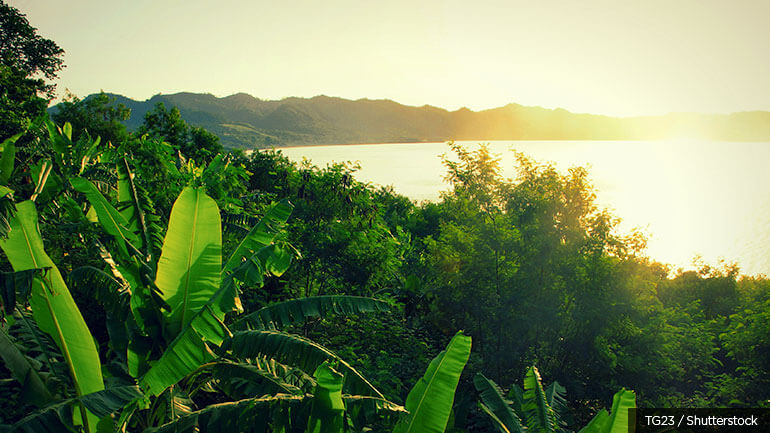
Context
The Northern Savannah Zone in Ghana is an economically lagging area that has experienced higher deforestation compared to the national average, long dry spells, high soil erosion, and high vulnerability to climate change—all factors that threaten livelihoods and food production. It is also a priority zone for landscape restoration under Ghana’s AFR100 commitment. Competing land and water uses from farming, small-scale mining, and forestry often lead to trade-offs in terms of access to resources, even though households are often engaged in a variety of economic activities on subsistence basis.
Where the annual cost of environmental degradation is about US$6.3 billion, or 10.7 percent of Ghana’s GDP, PROGREEN's support includes on-the-ground investments and technical assistance to promote community-based land-use planning and influence policies that favor sustainable practices.
Approach
PROGREEN’s initiatives include scaling up forest restoration and community-based land-use planning. By equipping local institutions and farmers with the necessary knowledge, tools, and incentives, PROGREEN seeks to improve farm-level outcomes and enhance the integrity of natural assets.
PROGREEN supports the Ghana Landscape Restoration and Small-scale Mining Project, focusing on cross-sectoral land-use planning and management in the Northern Savannah Zone. The project aims to strengthen natural resource management and enhance community benefits in targeted savannah and cocoa forest landscapes. It encompasses three key components: institutional strengthening for participatory landscape management, enhanced governance for sustainable artisanal and small-scale mining (ASM), and sustainable crop and forest landscape management.
This holistic approach not only addresses land degradation but also promotes sustainable agricultural practices and ecosystem conservation.
Results
PROGREEN’s program is set to cover at least 80,000 hectares of conservation landscapes and 620,000 hectares of production landscapes under sustainable use. It aims to protect six key habitats, including Mole National Park and five forest reserves. The initiative has already facilitated the sustainable management of over one million hectares of land, developed 182 community watershed management plans, and provided training and resources to more than 20,000 farmers.
Since 2023, PROGREEN has supported development of 535 community watershed management plans across the Northern Savannah Zone and Cocoa Forest Landscape, training nearly 53,000 smallholder farmers, of whom 53% are women, in implementing sustainable practices. The program has also prepared over 3,600 farmers on rehabilitating moribund cocoa farms and established 10,000 hectares of agroforestry plantations and woodlots.
Notably, PROGREEN has restored over 7,627 hectares of land, significantly contributing to biodiversity protection and sustainable livelihoods. The program has empowered 4,717 women through various activities. These efforts collectively support integrated landscape management, enhance community resilience, and provide alternative livelihoods for artisanal miners while promoting environmentally friendly practices.